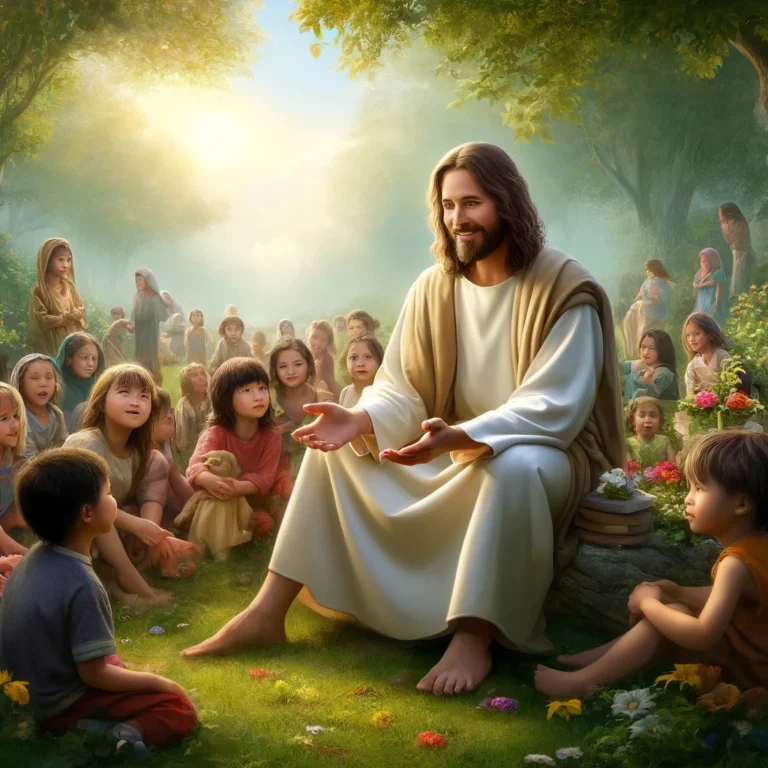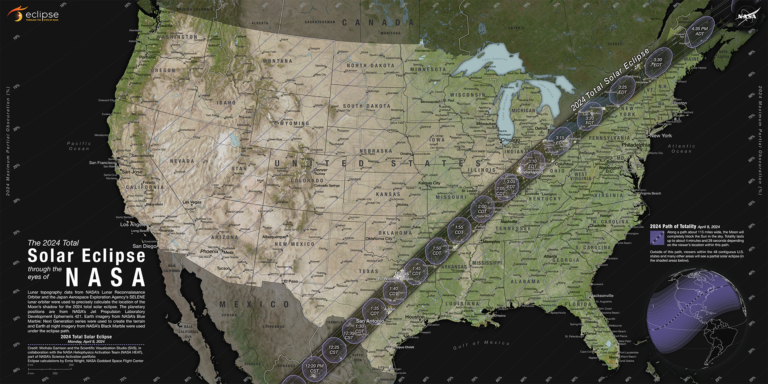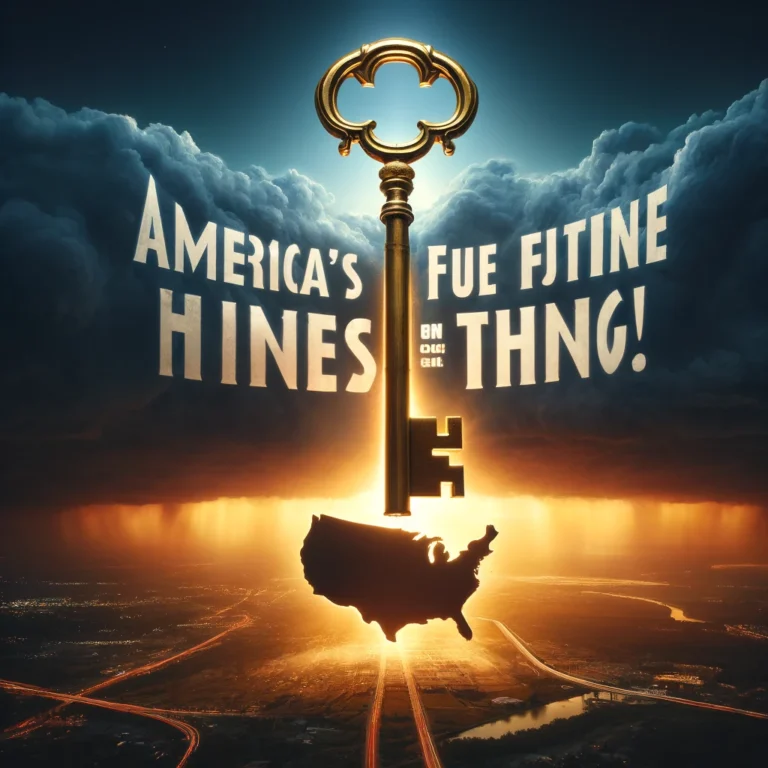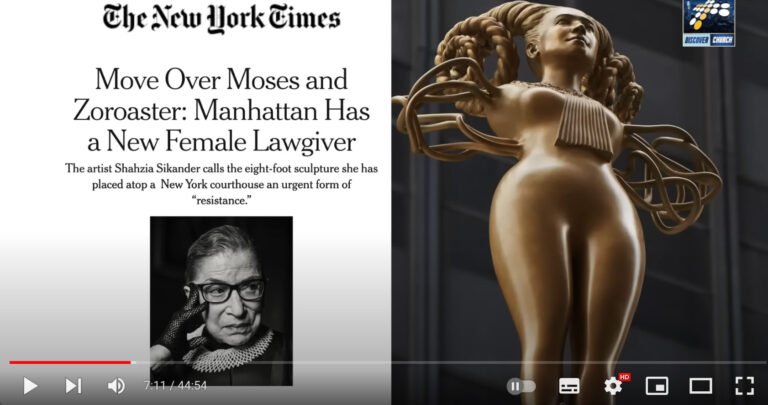“And after him was Shammah, the son of Agee the Hararite. The Philistines had gathered together into a troop where there was a plot of ground full of lentils. So the people fled from the Philistines. But he stationed himself in the middle of the field, defended it, and killed the Philistines. So the Lord brought about a great victory.” (2 Samuel 23:11-12)
These men called Valiant men of David or Heroes of David were not ordinary people, but notable men, endowed with extraordinary battle ability. Before talking about Shammah, I need to highlight some notable characteristics of these men. They were ambidextrous, skilled with bow and arrow, could throw stones and wield a sword with both hands. (1 Chronicles 12:2) They were valiant and mighty (2 Samuel 23:8). They were brave soldiers (1 Chronicles 12:22). They were more valuable than gold, with the smallest one worth ten men and the largest one worth a thousand (1 Chronicles 12:14). Even though they may have once been indebted men, God added value to them through David.
Who is SHAMMA?
The name Shammah in Hebrew means “desolation”. He lived around 1000 BC and was also called Samote (1 Chronicles 11:27) and Samute (1 Chronicles 27:8). He was a Hararite, the son of Agee, and was appointed as one of David’s officers, in charge of the militia during the fifth month of the year.
He conquered fear. “when the Philistines gathered together in a troop” v-11a
Facing a group of people without the same purpose is certainly easier. But the text says that “the Philistines had gathered together in a troop,” and this is where fear worsens. Because the enemies gathered with the same purpose, to take the land and kill anyone who opposed them. Despite all the qualities already mentioned, Shammah has something that everyone has, fear. The first battle to be faced in war is the fear that exists within me, and Shammah has it under control. It was the first enemy to be defeated! Although it may seem the opposite, courage is not the absence of fear, but rather its control. Courage is acting despite fear. Courage is triumphing over fear. The courageous man is not the one who does not feel fear but the one who conquers it.
He did not mind being alone, he won despite it. “the people fled from the Philistines” v-11c
Shammah’s fear has an aggravating factor, the fact of being alone. The word is exactly this “to be alone.” He stayed because the people who were with him left him alone, he was not alone. Everyone was terrified and fled. Many people will abandon us in the first battle we face. The only one who did not abandon Shammah was the one who gave him deliverance. Shammah remains because even though he is alone, he has the feeling of being accompanied. You may be alone physically, but never lose the feeling of being accompanied by your SAVIOR. For HE is your shadow to your right. “The Lord is your keeper; The Lord is your shade at your right hand” Psalm 121:5
He entered the battle without worrying about the outcome. “and defended it” v-12
You may be wondering why Samá entered this battle, which was impossible to win in human eyes, for the same reason that the Philistines came to take it: productivity. Samá knows the risk he is taking and yet enters the war alone. The problem with many is that they want to fight only if the results are positive. Samá knew that he could die in battle, but that was not an obstacle, on the contrary, it was a motivator. Samá knew that his job was to perform, not to get the result. The result belongs to the LORD.
He stood in the middle of the piece of land. “and stood in the midst” v-12
To stand in the middle is to stand in the centre of the war, in the eye of the storm. It’s taking the blows. There are people who, like the Israelites who were with Samá, flee, and there are also those who stay in the corners, never get involved, and always transfer the responsibility of the battle to others. God is looking for people like Samá, who get involved, who don’t value their own lives. “But none of these things move me, neither count I my life dear unto myself, so that I might finish my course with joy, and the ministry, which I have received of the Lord Jesus, to testify the gospel of the grace of God.” (Acts 20:24).
He defended the piece of land, not the lentil. “that piece of land, and defended it” v-12
Notice that Samá’s priority is not the lentils, if it were, he wouldn’t have had to put himself in the middle of them while fighting. The verse says that he (Samá) defended it, not defended them, he defended the land. His priority is the land, the text is very clear. Although it was just a small, but productive piece of land, the devil wants nothing that is not productive. Samá knows that lentils exist because of the land, not the other way around. There is no production without land to plant. Samá’s scale of priorities is perfect! He really knows how to value what he has. And the Philistines knew that too. They didn’t come for the lentils, they came to take the land. Our enemy knows that without the land, we won’t plant and, consequently, won’t harvest. The land is our salvation, our faith, our family.
The devil doesn’t want your things, he wants your land. He feeds on your emotional life, your family failures, he wants to take your eternal life. The more failed your life is spiritually and familiarly, the more the devil will be fed, after all, the ancient serpent (Gen 3:14 / Rev 20:2) feeds on the dust of the earth (Gen 2:7 men).
And it came to pass after these things that Naboth the Jezreelite had a vineyard, which was in Jezreel, next to the palace of Ahab, king of Samaria. Ahab spoke to Naboth, saying, “Give me your vineyard, that I may have it for a vegetable garden, because it is near, next to my house; and for it, I will give you a vineyard better than it. Or, if it seems good to you, I will give you its worth in money.” But Naboth said to Ahab, “The Lord forbid that I should give the inheritance of my fathers to you!” (1 Kings 21:1-3).
He struck down enemies. “and he struck down the Philistines” v-12
Samá knows very well who his targets are. We know that there are those who flee, those who stay in the corners, but there are also those who position themselves in the middle and fight with the wrong targets. Paul said that we do not wrestle against flesh and blood, but against principalities, against powers, against the rulers of the darkness of this age, against spiritual hosts of wickedness in the heavenly places (Ephesians 6:12).
We must bomb hell and the kingdom of darkness, not our brothers. Samá does not question the flight of his brothers and much less promises punishment if he were to win the war, he has a defined target. The real enemies.
He did for God to do. “and the LORD brought about a great victory” v-12c
God reacts more in our favour than He acts Himself. What Samá had to do, he did, defend. The victory was up to God. The results do not depend on us, it is up to us to fight and defend. The operation of God depends a lot on our actions. In this scenario, I say that God was pleased to bring about a GREAT victory in the face of all that He the Lord observed from this great winner SAMÁ.
And God brought about a great victory. God will not be able to bring about any victory if everyone is prostrate or even dead. But if there is one standing, then there is hope. We need to have the courage of this man and fight even alone physically. God honours the courageous. To the courageous, HE will bring about a splendid victory.




















